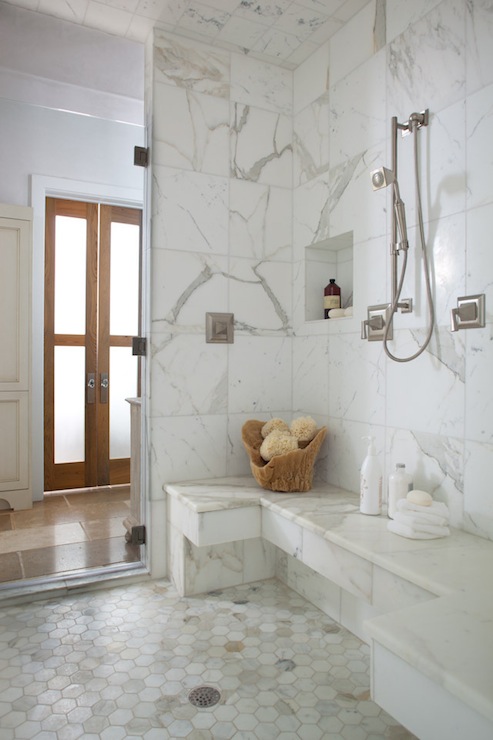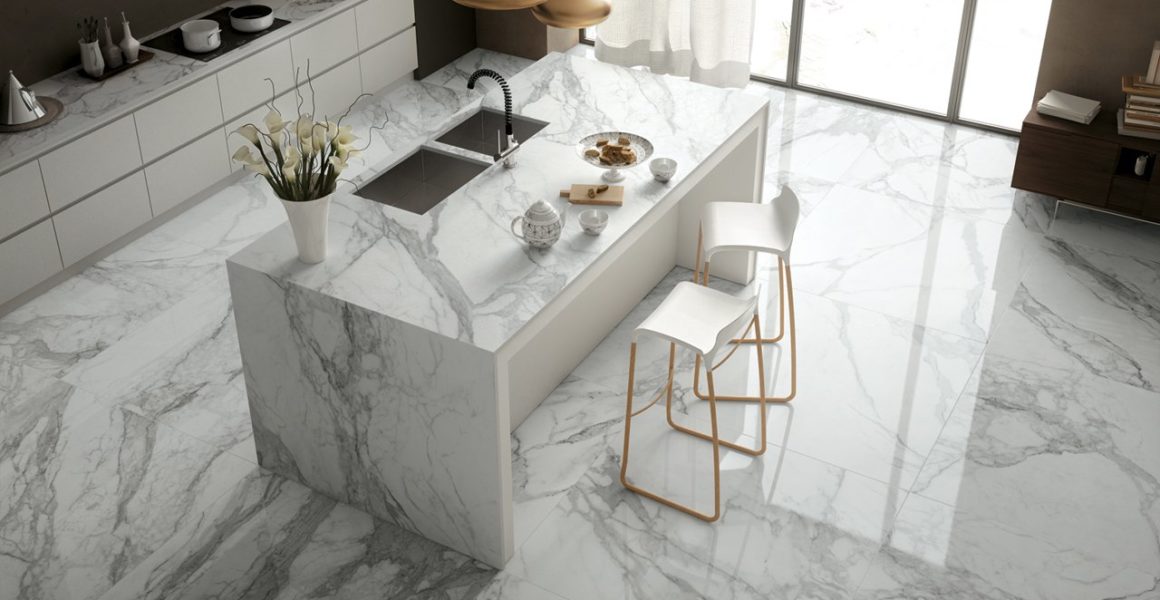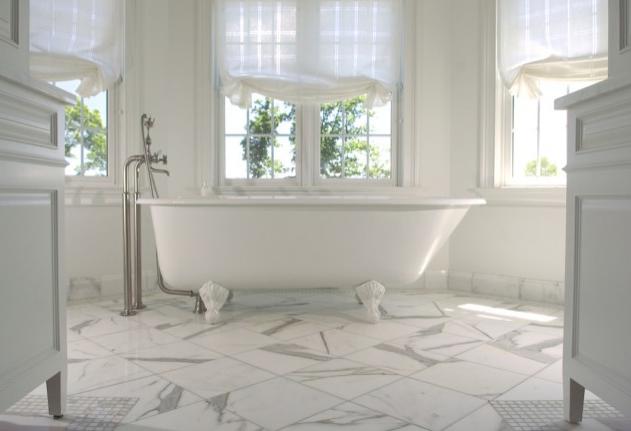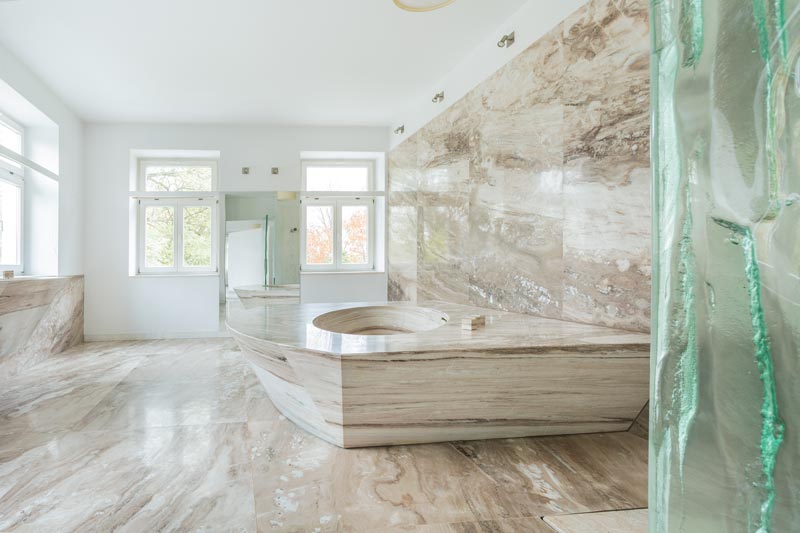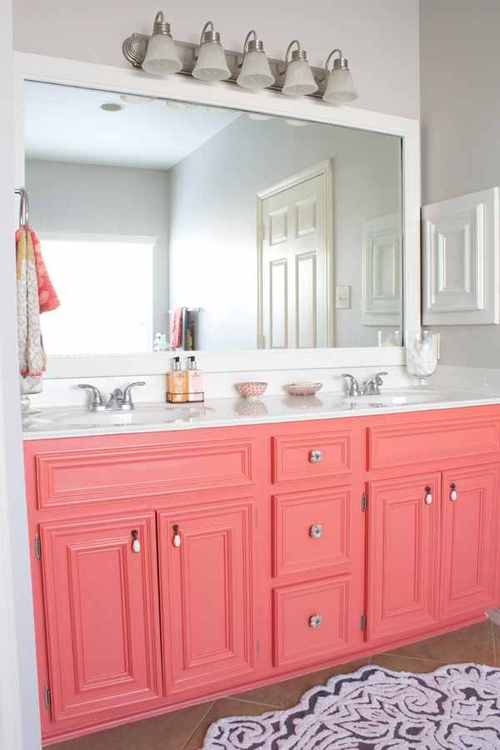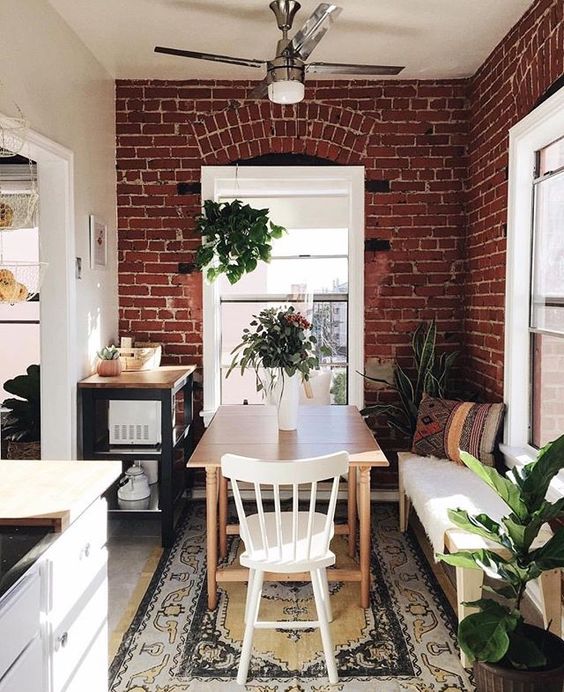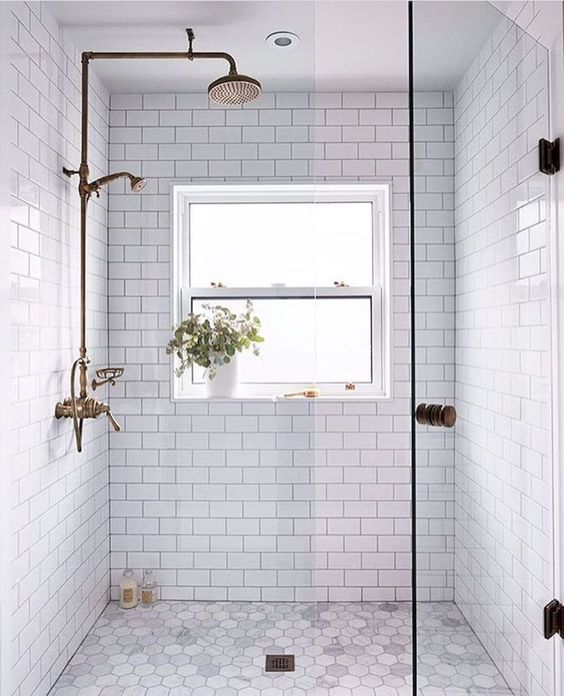How to Clean Marble Surfaces in the Home
Choosing a natural stone surface for your home is a decision based on looks and practicality. Marble, of course, is the non plus ultra when it comes to traditional elegance and luxurious style. This metamorphic rock is a versatile material that’s perfect for use around the home, whether as flooring, fireplaces or work surfaces.
Marble is beautiful to look at and sensuous to touch. Available in a vast variety of different patterns and colours, it is often interspersed by contrasting mineral veining that gives marble its characteristic aesthetic. It’s all too easy to fall in love with marble – even the ancient Greeks and Romans couldn’t resist.
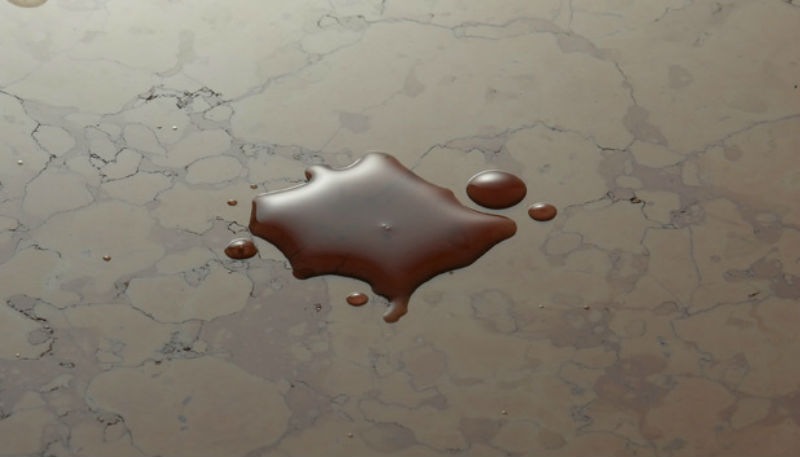
Source: Chandlers Stoneworks
However, before you get carried away with installing marble surfaces in your home, it’s worth bearing in mind that any natural stone must be treated with extra care and attention. Unlike modern manmade materials such as ceramic tiles, quartz composites or laminate flooring, the cleaning and maintenance regime of marble requires a bit more thought and commitment to keep it looking its best.
Here are our best recommendations on how to look after the marble surfaces in your home.
• Clean marble surfaces every day
It is important to give your marble worktops and floors a daily wipeover with a clean, dry cloth. As stone goes, marble is actually quite a soft material which can scratch easily if you’re not careful. Dust particles may not look like they can do much damage, but they can attract other debris too, and the combination can easily turn abrasive, especially when mixed with water or a cleaning agent.
Tiny scratches may at first be invisible to the naked eye, but the net effect of insufficient cleaning is that your marble surface will dull over time and lose its lustre. Marble scratches will also add to the porosity of the material, meaning it will stain more easily. For best results, use soft, lint free cloths, e-cloths or chamois leather – anything that is non-abrasive.
• Wipe up spills as soon as possible
As mentioned above, marble is a porous surface – more so than granite, for instance. This makes it susceptible to marking and staining. Yes, it’s a weakness but if you learn to look after marble, it needn’t be a problem.
Liquid spills should be mopped up straightaway. Oil, wine, vinegar, fruit juice etc can penetrate deep into the stone very quickly and leave marks. Once set, they may be impossible to remove. In the bathroom, this can also include creams, lotions and eve nail polish remover.
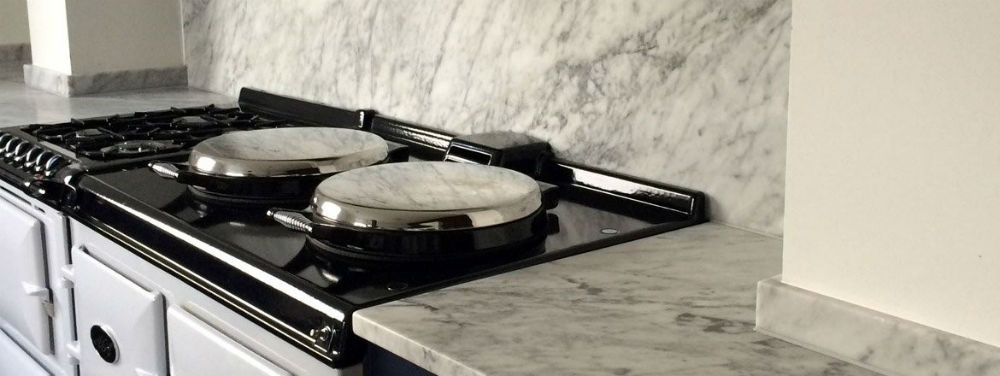
• Invest in special marble cleaners
If you are serious about getting the best long-term return from your marble investment, it makes sense to investigate the best cleaning agents and only use specialist solvents that are specifically designed to clean and protect marble and natural stone surfaces. Regular household cleaners may be far too harsh and do more harm than good.
Another word of warning: Don’t be tempted to think that natural cleaners such as lemon juice or vinegar are safe to use – they’re not. These substances are far too acidic for delicate, porous marble worktops and floors, and can damage the surface beyond repair.
• Get in the habit of using coasters, floor pads and rugs
One of the easiest and cheapest ways to protect your marble surfaces is by putting a physical barrier between the marble and whatever you’re putting on it. Get into the habit of sliding coasters under wine glasses and coffee cups on marble countertops. Use a pot stand for hot saucepans to prevent any risk of thermo shock that could crack the surface.
On marble flooring, why not place felt pads or cork pads under furniture legs to avoid any danger of scratching the floor? You may also want to use non-slip mats under rugs because marble flooring can be very slippery.
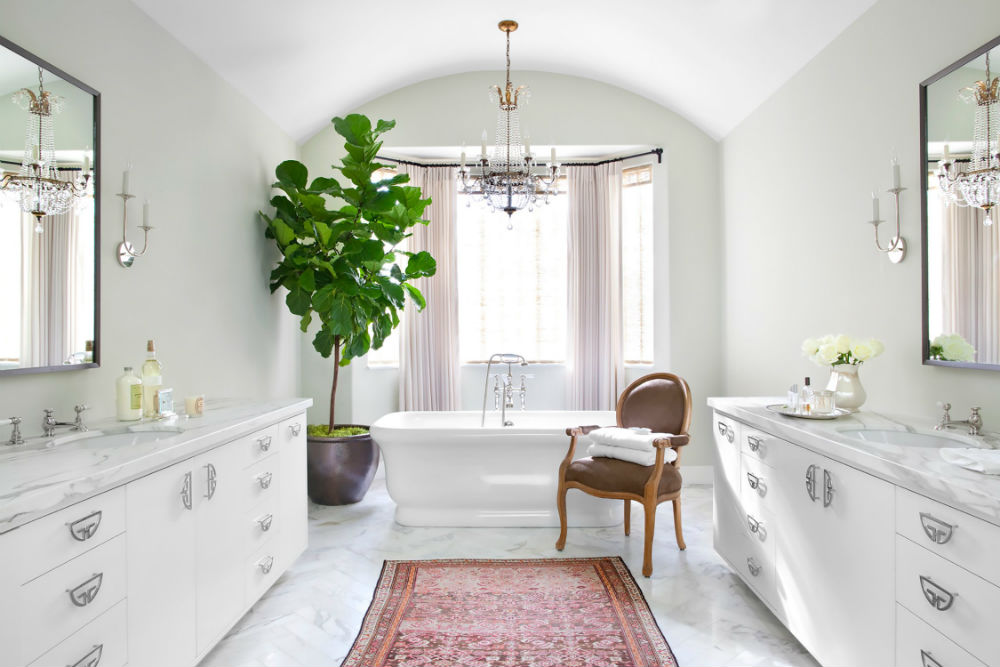
• Seal natural stone surfaces periodically
To protect the porous construction of marble from absorbing liquid, the stone is typically treated with a sealer that penetrates the surface and fills all those tiny microscopic pores between the crystals. Not all marble is sealed but if yours is, the process will need to be repeated every 6 months or so, depending on the level of usage and the efficacy and frequency of your cleaning regime.
Many marble suppliers will offer a stone care kit so that you can reseal your floor or worktop yourself, but for peace of mind you may want to get a professional company to carry out the job instead.

